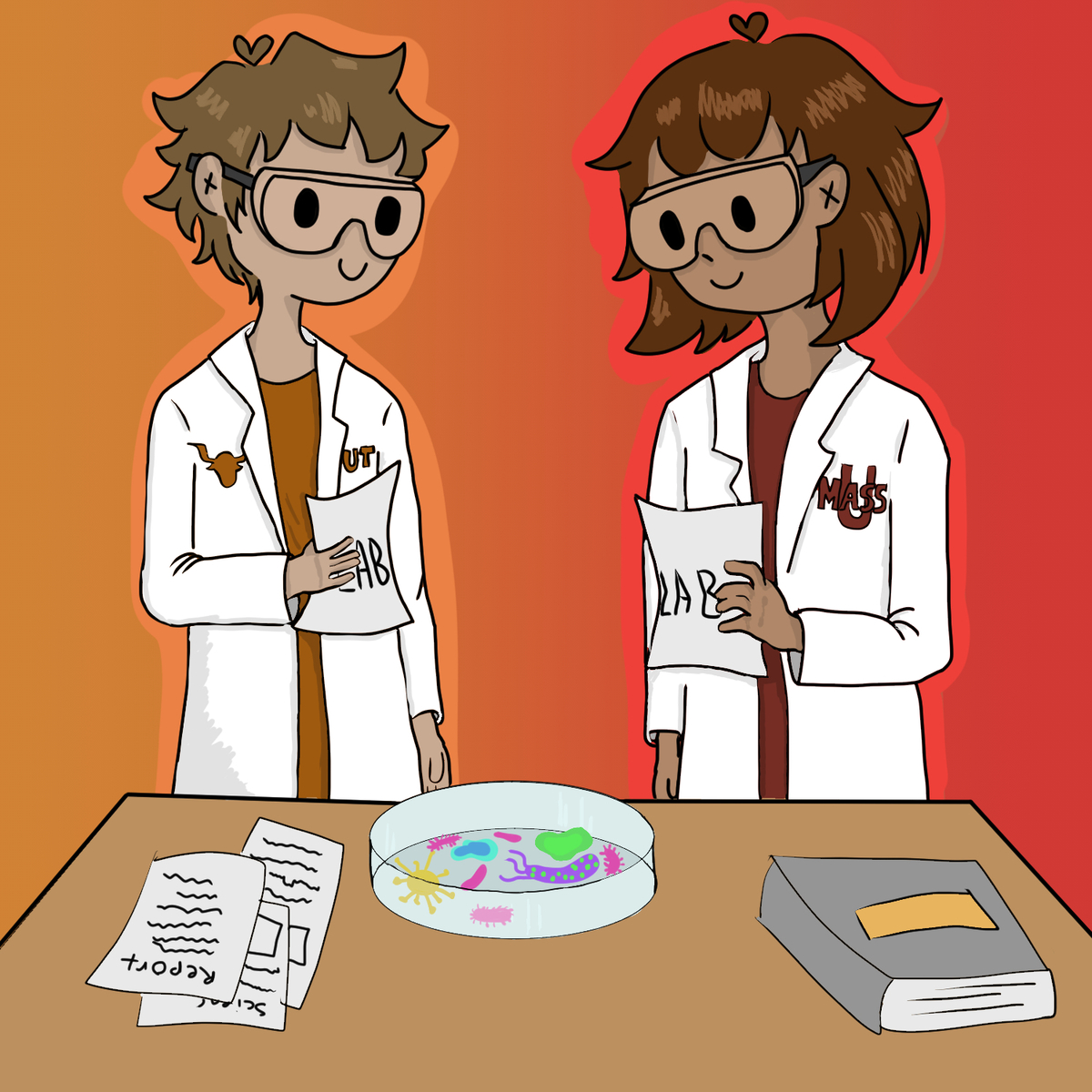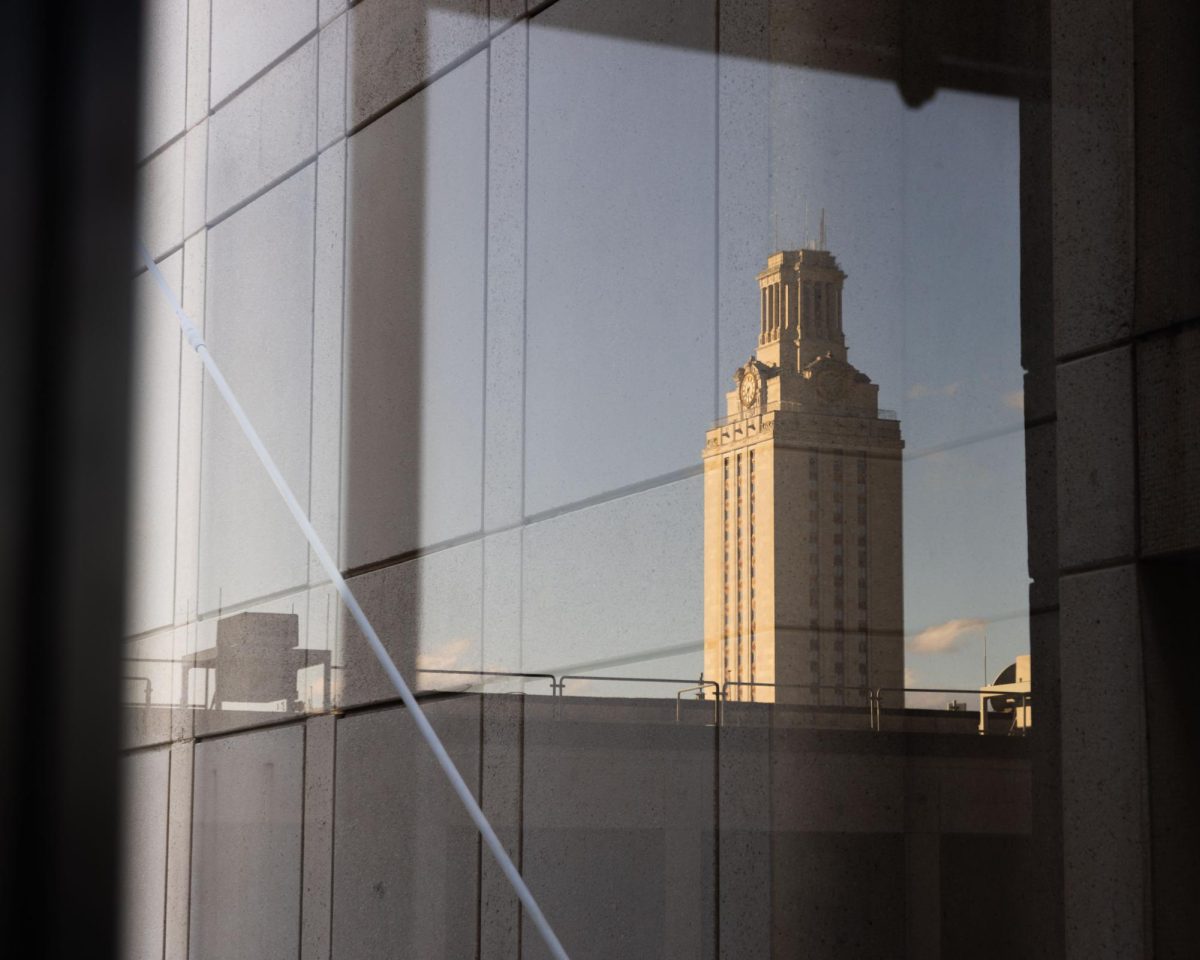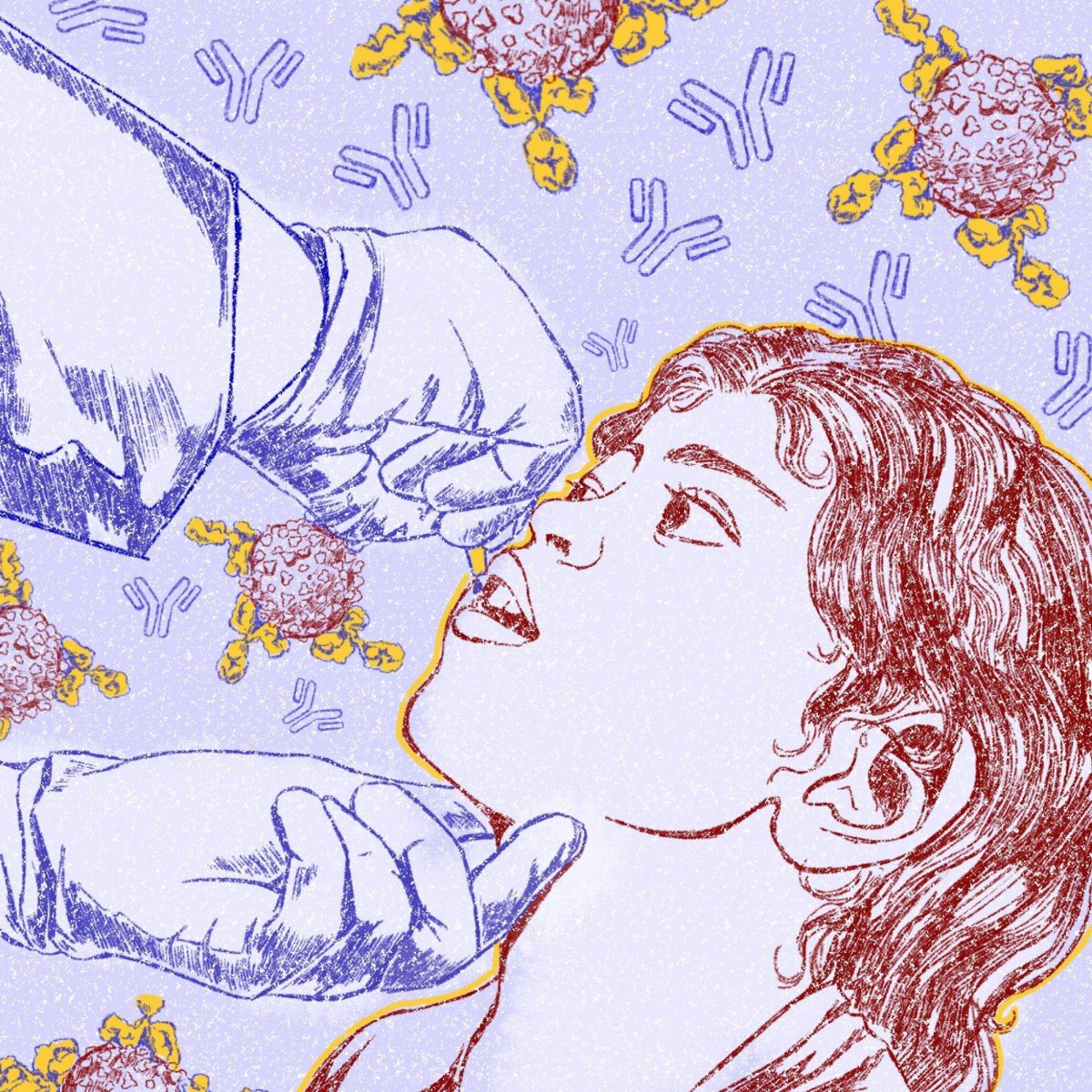The Center for Disease Control selected a team of researchers at UT and the University of Massachusetts Amherst to assist with creating the nation’s first outbreak response and disease modeling network.
The team will receive $27.5 million in funding to collect data and develop forecasting models to prepare for future emergency disease outbreaks, according to a recent press release. The models can help local leaders in decision-making involving restrictions, mask mandates and school closures.
“When COVID emerged, we had a fairly robust public health infrastructure,” said Lauren Ancel Meyers, director of the Center for Pandemic Science. “What we didn’t have was access to data that could help us to quickly characterize the emerging threat. This project is an unprecedented opportunity to make sure that our nation has powerful data and models in hand so that we are better equipped to fight the next deadly threat.”
The Center for Pandemic Science at UT will collaborate with the UMass COVID-19 Forecast Hub to improve on each group’s respective strengths in predictive analytics and models, according to the press release. Meyers will lead the project alongside Nicholas Reich, director of the Forecast Hub.
“We want to take what worked from the collaborations between public health officials and the modeling community during COVID and make it better,” Reich said in the press release. “We also want to learn from what didn’t work during COVID and generally try to be better prepared.”
In addition to developing models, the team will provide sub-awards to over two dozen entities around Texas and Massachusetts, including Austin Public Health, Travis County and the statewide Department of State Health Services in Texas.
“The pandemic did a lot of good things for science,” Meyers said. “Prior to COVID, when there wasn’t an emergency, we were operating at kind of the normal pace of science. During COVID, when we all stepped up to the plate to help in any way we could and started working around the clock, we really became a much more collaborative and productive community.”
The UT-UMass partnership is part of a larger $250 million initiative headed by the CDC. The CDC awarded 13 universities who applied for the funding opportunity shared earlier this year, CDC spokesperson Nick Spinelli said in an email.
“This network of academic and private sector partners will work collaboratively to support state and local decision-makers to more effectively detect, respond to, and mitigate public health emergencies,” Spinelli said in an email.
The project will last for five years, during which researchers will improve models and grow the outbreak network, Meyers said.
“When we face a new threat that is different and uncertain, models and data are going to be among the most critical and useful weapons in our arsenal,” Meyers said. “Over the next five years, we’ll be able to take a wide variety of models and make them accessible to public health departments around the country.”














